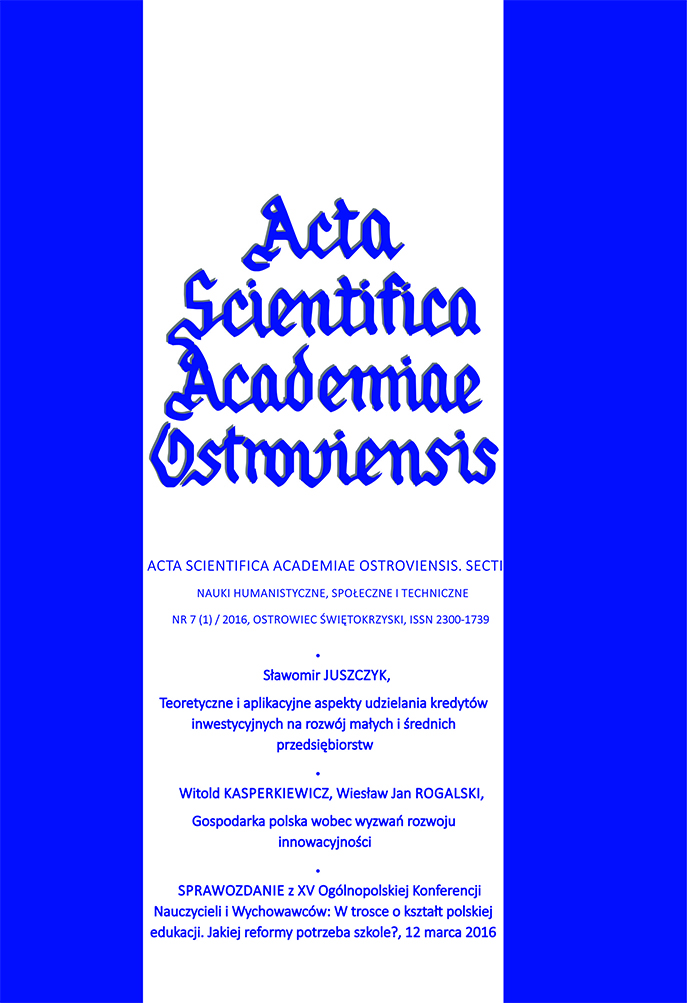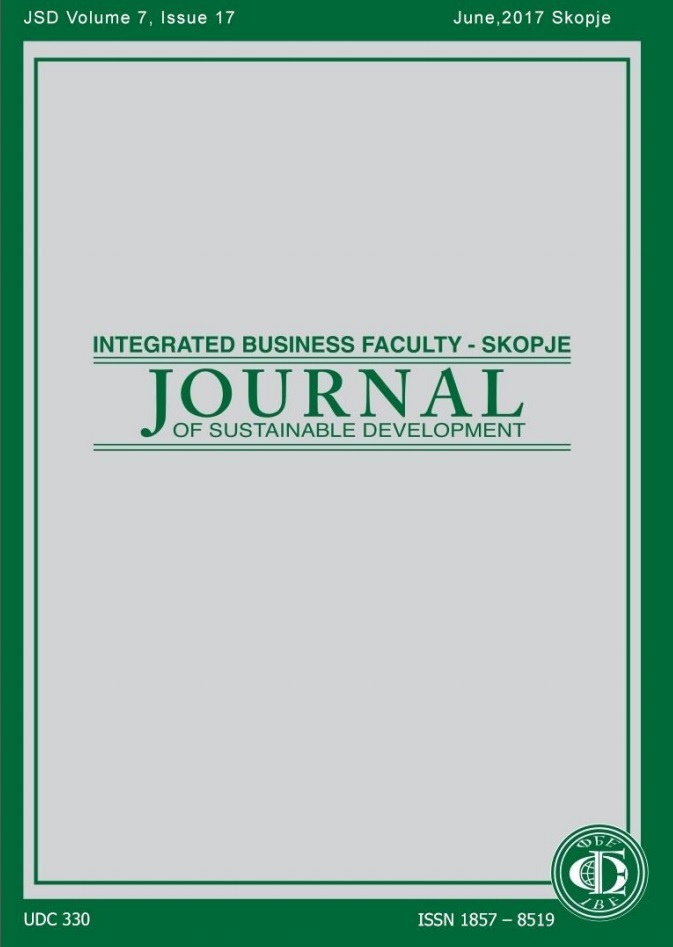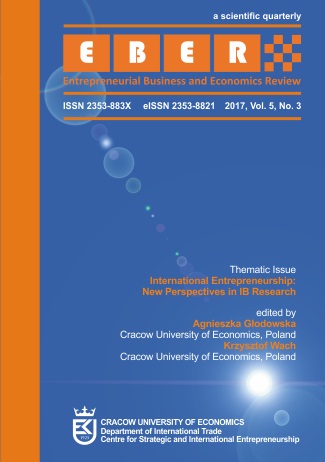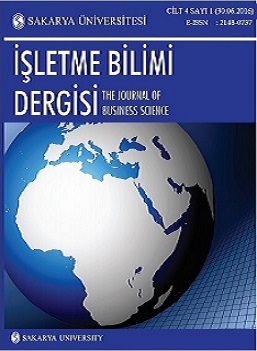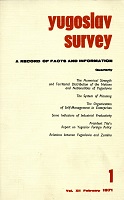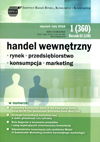
Business Cooperation of Ukrainian Enterprises: Interpretation of Historical Factors, Characteristics of Relations and Operating Conditions
The main purpose of this article is to analyse scientific approaches to the investigation of the business cooperation of Ukrainian enterprises for defining its historical aspects of interpretation, rules and characteristics of cooperation; the specific nature of business entities relations; economic freedom of these relations; conditions of their operation, as well as aspects of creation and economic development of business cooperation in the economic and legal policy conditions in Ukraine. On the basis of authors proposals there are determined the strategy and tactics of Ukrainian business cooperation. This is the research article.
More...
